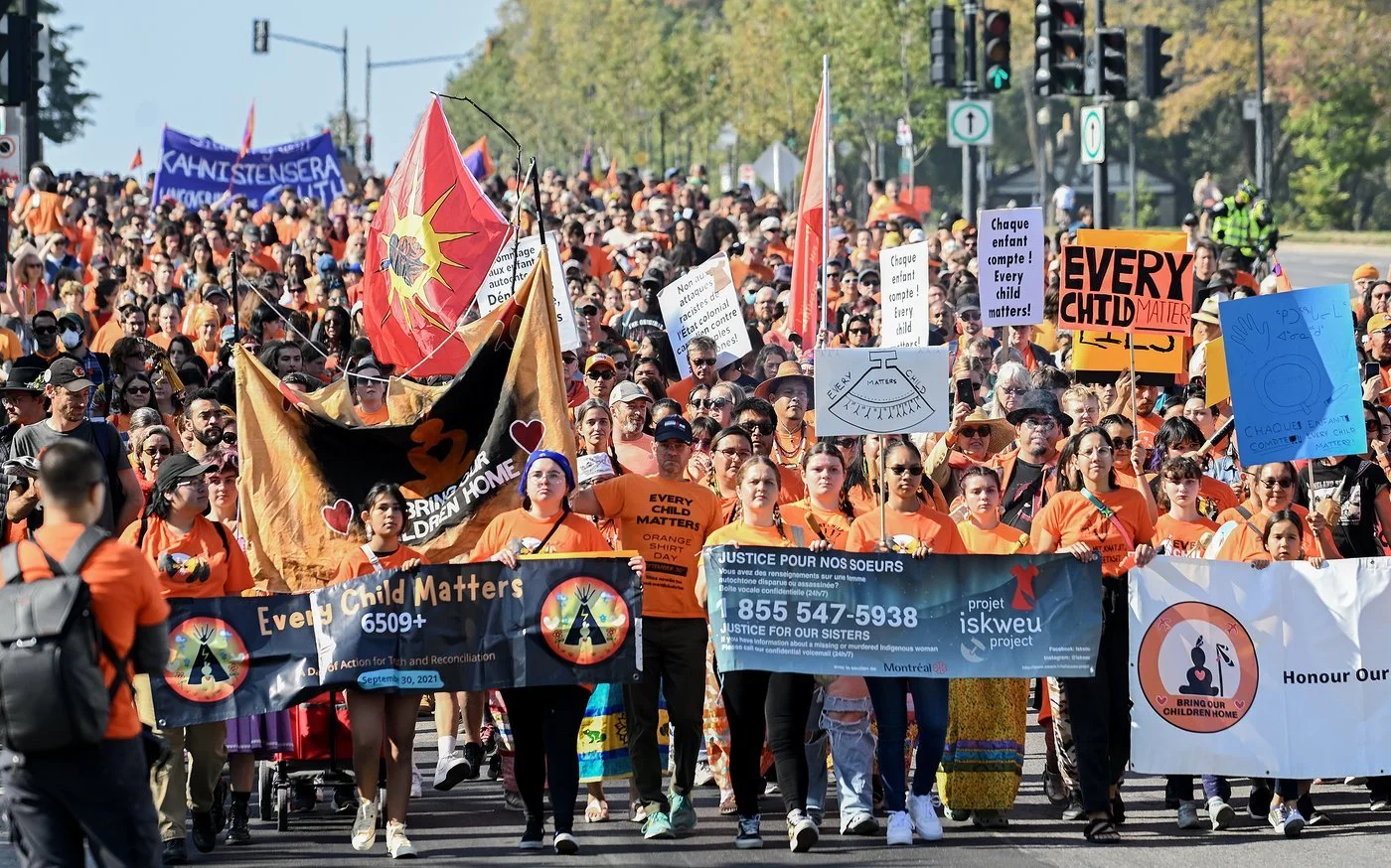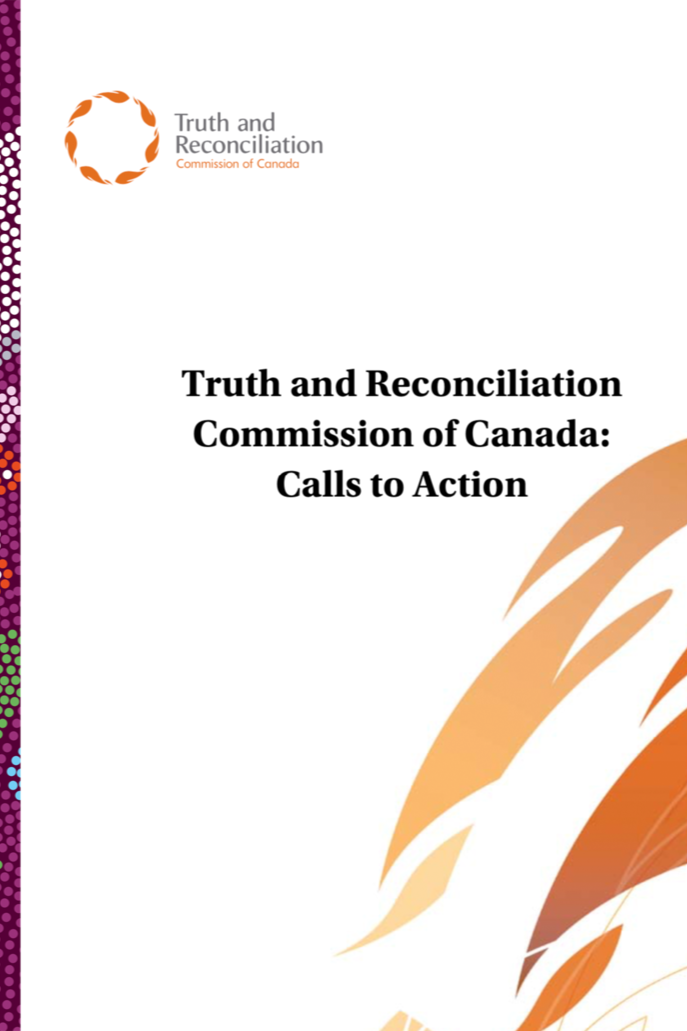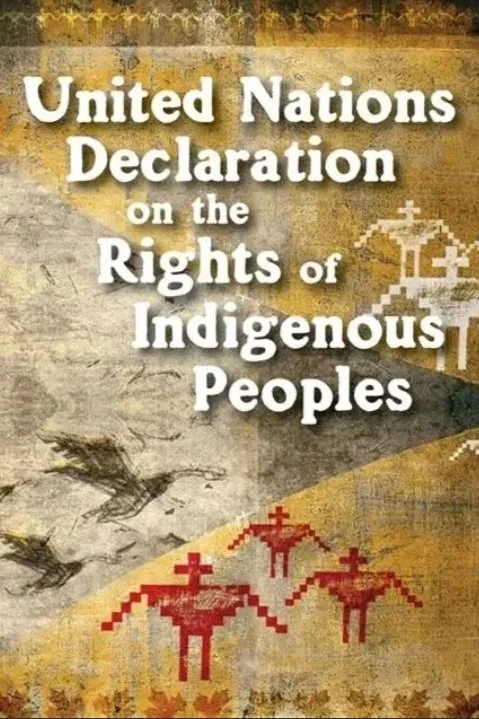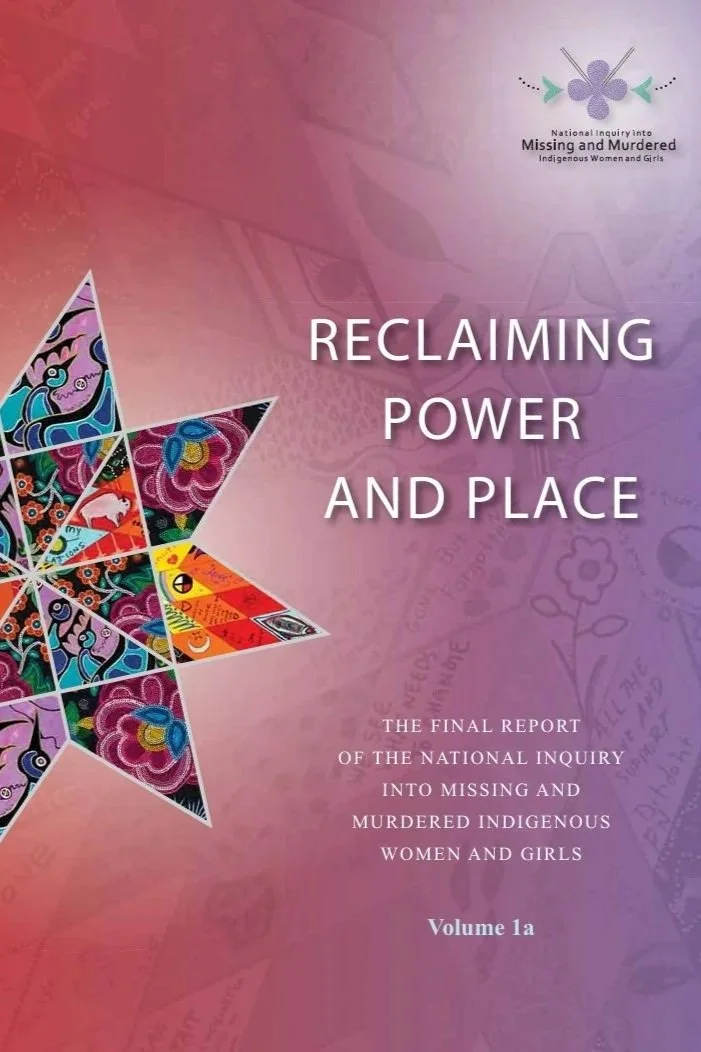
Truth + Reconciliation
Moving forward in partnership, guided by trust and respect.
“The Raven’s design represents change, they bring an imminent and constant change as gatekeepers of the dark void. Ravens carry messages from the ancestors in the spirit world and raven medicine helps bring light to people on earth.”
- Words and logo by Margaret August, Coast Salish Artist.
Our Commitment.
At Changemark, we recognize that reconciliation is an ongoing practice and commitment.
We are a settler-founded organization that works in partnership with Indigenous communities across Turtle Island. Our role is not to speak for or lead Indigenous research, but to listen, follow, and support Indigenous-led priorities when invited to do so.
With gratitude, we acknowledge that our head office is located on the unceded homelands of the xʷməθkwəy̓əm (Musqueam), Sḵwx̱wú7mesh Úxwumixw (Squamish), and səl̓ílwətaɬ (Tsleil-Waututh) Nations. We also recognize that our work extends across sovereign Indigenous lands and territories across Turtle Island, and we are committed to conducting our work in a good way — with humility, respect, and accountability.
Guiding Principles.
Our work with Indigenous communities is grounded in principles of respect, reciprocity, and Indigenous self-determination. These principles guide how we show up, how we work, and when we step back.
-
Projects are guided by the priorities, governance, and direction of the Nation, organization, or community. We follow, support and advocate in allyship, rather than lead, in spaces that are not ours to define.
-
We move at the pace of trust. Partnerships unfold only when relationships, shared understanding, and community readiness are established.
-
We ensure Elders, Knowledge Holders, and community members guide the process. Indigenous contractors and collaborators lead Indigenous-focused work, with settler allies in supportive or technical roles.
-
We align with OCAP® principles and uphold Indigenous data sovereignty. Communities retain ownership and control of their knowledge, stories, and outcomes.
-
We honour teachings, ceremonies, and land-based knowledge as valid and vital ways of generating and sharing evidence.
-
We integrate ongoing reflection, anti-racism, and cultural safety training across our team and projects to ensure our work contributes to wellness, not harm.
-
We use our technical expertise to help partners access funding, ethics approvals, and policy opportunities while protecting the integrity of Indigenous values, protocols, and autonomy.
-
We collaborate with Indigenous-owned firms and businesses. When Indigenous expertise or leadership is central to a project, we refer opportunities, form partnerships, or act as technical allies when invited to strengthen Indigenous-led delivery. Our aim is to support capacity, mentorship, and long-term community benefit.

Reconciliation is OUR job.
At Changemark, we are committed to learning, unlearning, and doing our part to move forward in partnership with Indigenous communities, always led by Indigenous voices and priorities.








